It’s not an auspicious start. Autocar has been granted a 10-minute one on one with Kimi Räikkönen via Zoom during the weekend of the 2021 Abu Dhabi Grand Prix, the 2007 world champion’s 349th and last Formula 1 race. So our first question, naturally, is whether he’s feeling any emotion.
“No, not really,” he answers with a shrug. “It’s like any other race, really.”
Really, what were we expecting? In its brevity and unflinching honesty, that answer encapsulates why the 42-year-old Finn was such a divisive character for much of his Formula 1 career. While his stone-faced lack of emotion infuriated many, to others his air of indifference in an era of media-trained sheen made him a cult hero – one to whom the ‘Iceman’ nickname was thoroughly suited.
His on-track legacy is just as divisive. His incredible speed isn’t in question, as one title, 21 wins and 103 podiums prove. Yet he also looked totally indifferent and disinterested at times, to the extent that two years after he won his title, Ferrari paid him a reported £20 million not to race in 2010. So how do you really evaluate Räikkönen’s F1 career?
The sense is that the Räikkönen we’ve seen in the F1 paddock for the past two decades wasn’t the real one. In paying tribute to him, both Fernando Alonso and Sebastian Vettel commented on how different he was off-duty, as tales of drunken antics with inflatable dolphins and entering snowmobile races under the pseudonym James Hunt attest.
So was Räikkönen really that monosyllabic or was he playing a caricature of himself? Either way, it’s clear that he tolerated rather than enjoyed the circus surrounding modern grand prix racing – and unlike some of his contemporaries, he didn’t try to hide that. And if he hates the off-track requirements of being an F1 driver as much as he seems to, he must really love racing F1 cars.
“I enjoy the racing part, yeah, and that’s really the only thing,” he says. “I think every driver in F1 is here because of the driving and the racing and not the other stuff. But obviously in any sport, there are lots of things to do other than just the sport itself. It has always been a part of F1 and somethingI’ve had to do. It is what it is.”


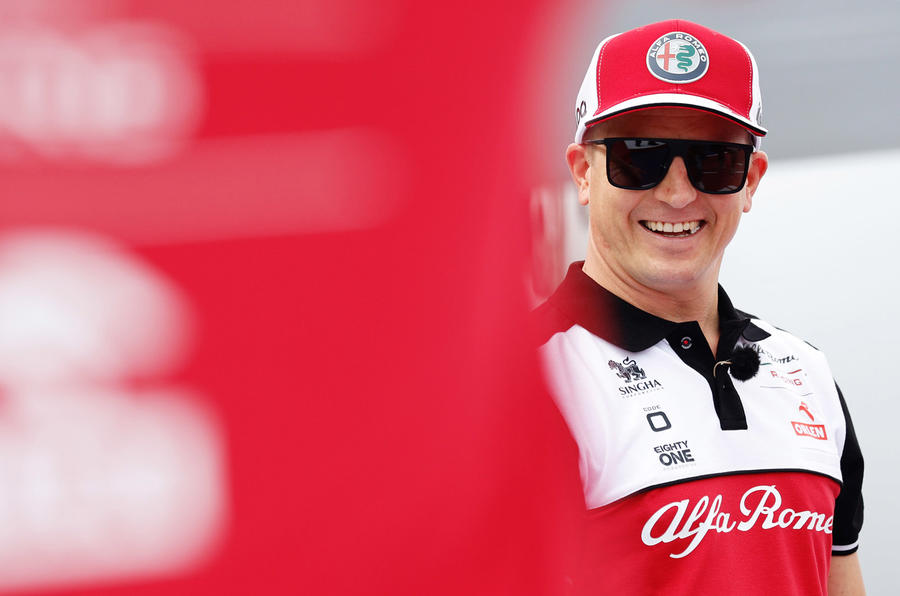
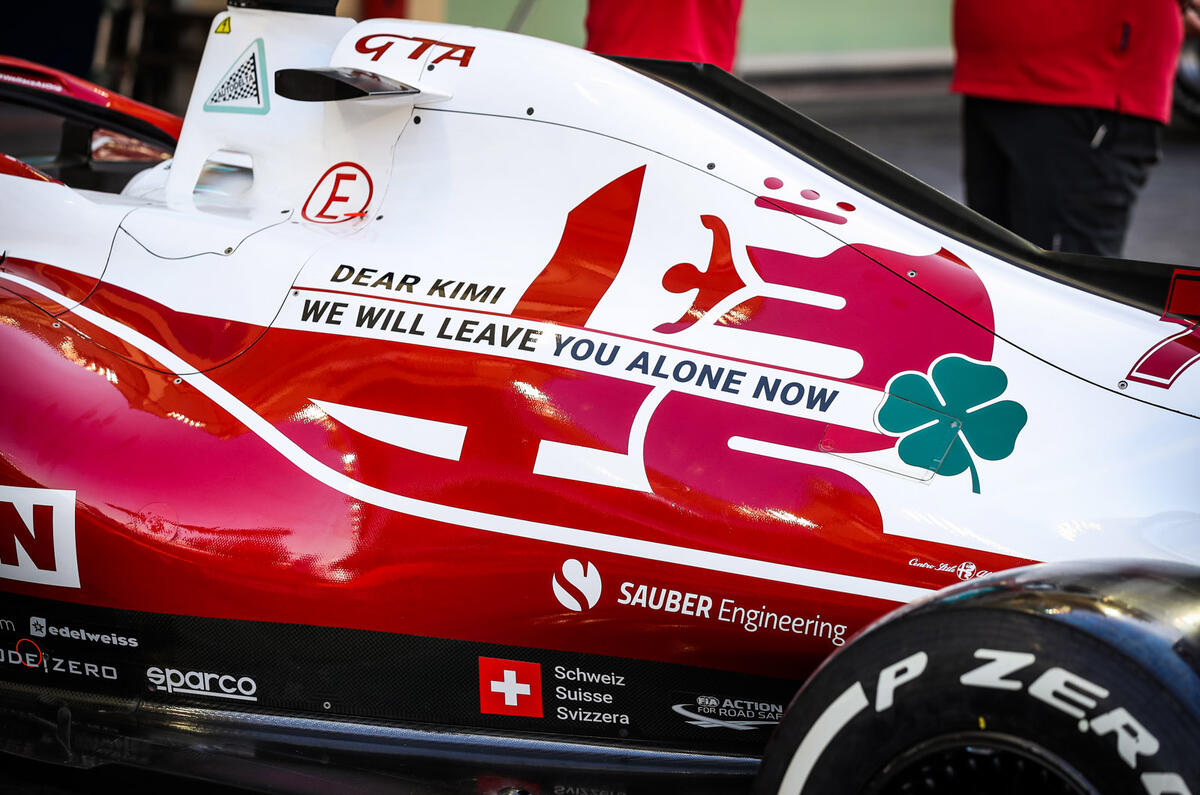








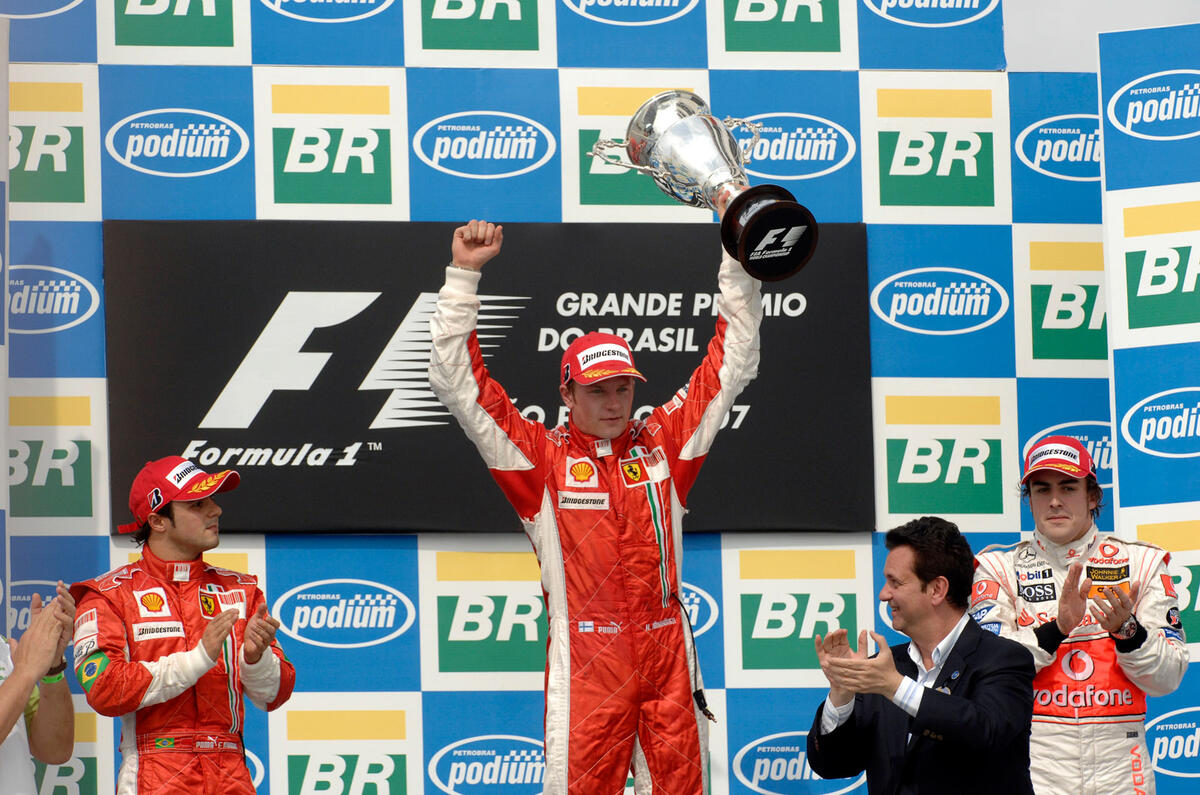
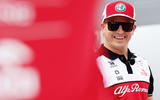












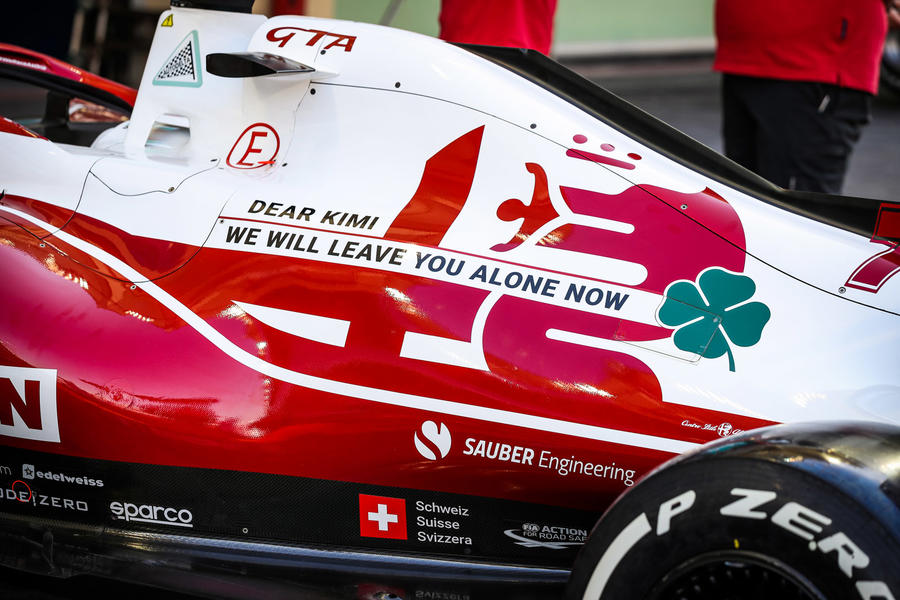

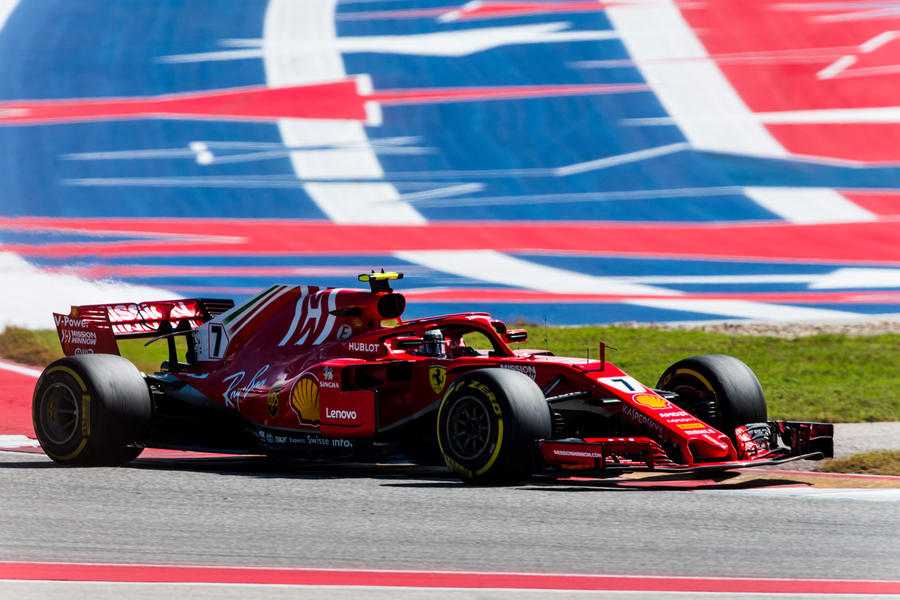










Join the debate
Add your comment
Well done Kimi on a great career! I only started watching F1 since the early 2000s so I didn't see all of his career however I did see him win in the 2007 F1 World Championship. He will be missed because he just focused on driving and kept quiet off the circuit unlike other drivers who push their political agenda such as BLM and Climate Change.
The Press Conferences should be great! Short, but great. Go Kimi!
I envy Kimi in a way, he lives his life the way he wants and I think he's happy with what he's done.